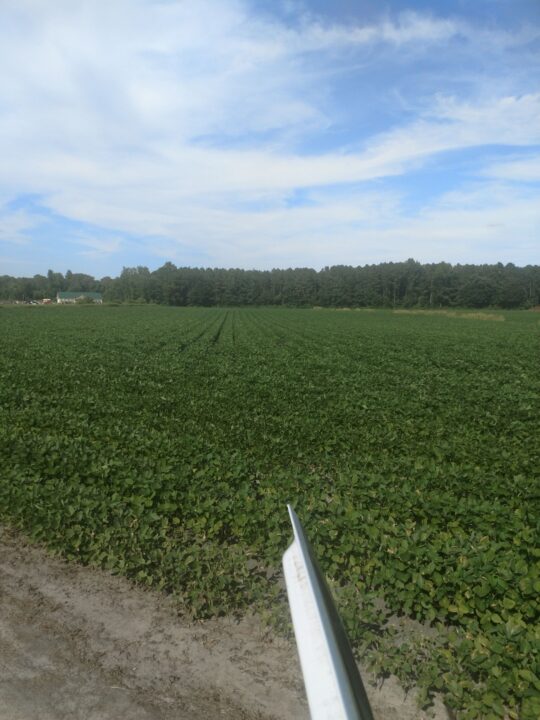Opinion: Organic’s Great Image
During that awful time about four years ago when three people died from eating spinach tainted with E. coli — and has it really been that long? — I had an interesting encounter I’ll never forget. A friend of my wife was concerned about her family’s safety, partly because the spinach was grown here in California. I started to explain how in our modern society, where you live often bears little on where your food is from, when she hit me with a question that gave me a start: “Should I start buying organic fruit and vegetables?”
The question surprised me, as I think it might anyone approaching the situation from a purely logical perspective. After all, there doesn’t seem to be a relationship between the use of conventional fertilizers and other materials and whether a given fruit or vegetable could be carrying a dangerous pathogen. I explained all that to her, concluding with the message that the best thing that could protect her family were her own two hands. Most people, after all, get sick with a foodborne pathogen from something picked up in the home or in a restaurant rather than something they pick up on the farm.
It was only later that I came to realize that there was no wonder that this woman would immediately consider reaching for the organically grown produce. Organically grown means naturally grown, which means that the produce is purer. And if it’s purer, it’s safer. Sure, you can punch a lot of holes in this line of reasoning, but you can’t refute that it exists. And while I assumed I knew why, now I have proof.
A Little Media Bias
According to a recent study by Kansas State University, news accounts of organic agriculture and organic food are more likely to be positive than negative and inaccurately claim that organic food is safer. The study, which was recently published in the British Food Journal, was based on research by Kansas State University Associate Professor Doug Powell as well as researchers from the University of Guelph in Ontario.
The researchers examined how topics of organic food and agriculture were discussed in five North American newspapers. Using content analysis, they collected 618 articles and analyzed them for topic, tone, and theme regarding food safety, environmental concerns, and human health. The analysis found 41.4% of the articles had a neutral tone toward organic agriculture and food, 36.9% had a positive tone, 15.5% were mixed and 6.1% were negative, Powell said.
These results came out pretty much as I expected, and dovetail with what I’ve noted in the past in this space regarding people who work in the news media. The majority of reporters I’ve met work very hard at maintaining a neutral tone, a result borne out in this study. OK, technically this was a plurality, not a majority, but you get the picture. Second, more reporters are liberal than are conservative, which also appeared evident from the study.
But I think the most important take-home message from this study is that organic produce has a very, very good image. However, we all know how quickly a wonderful image can be destroyed in this country. If you’re an organic grower/marketer, think twice before using the organic label as a marketing tool, and whatever you do, make food safety a priority. Because if organic ever loses that positive image among the average, uncommitted consumer, it will be very difficult to get it back.








